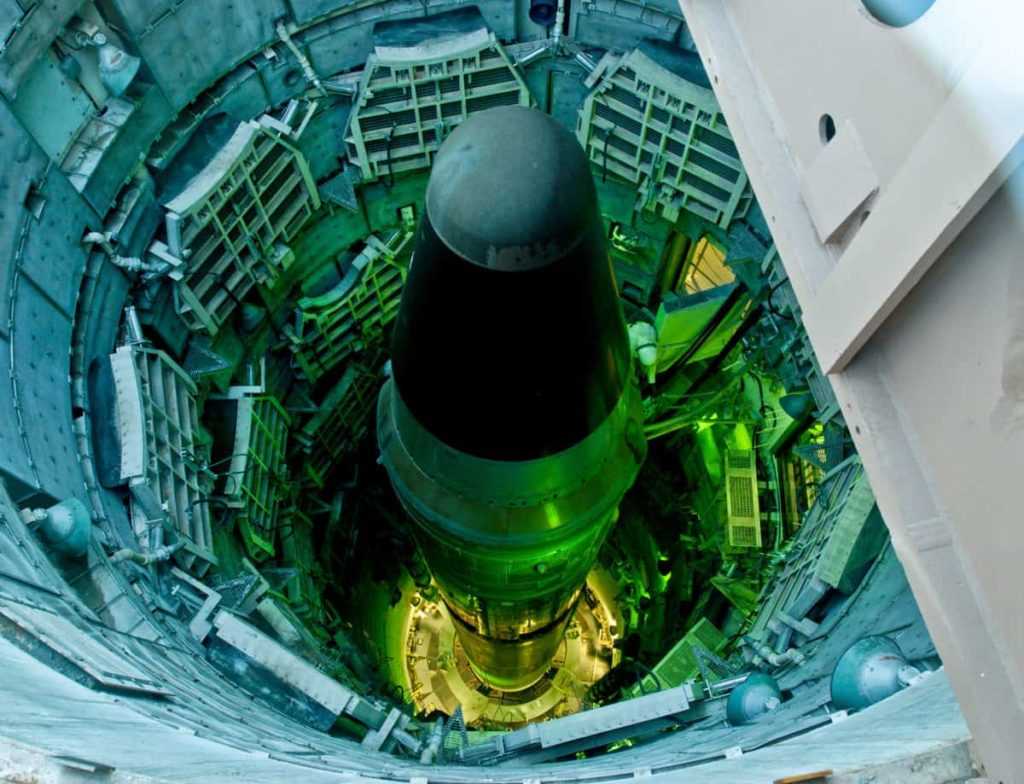Loss of ICBMs: Biden will almost certainly abolish this indispensable deterrent

Originally published by the Washington Times – Dr. Peter Pry is a Senior Fellow with the Center for Security Policy.
“Both in politics and war, what matters is speed.”
— Julius Caesar
In the 2020 elections, perhaps the most important, and least appreciated, issue: a Biden administration will almost certainly abolish unilaterally America’s 400 land-based intercontinental ballistic missiles (ICBMs).
ICBMs, according to U.S. Strategic Command, are “the bedrock of our strategic posture” but the Minuteman III, a half-century old, needs to be replaced by a new ICBM. The anti-nuclear left has persuaded top Democrats ICBMs are unnecessary.
ICBMs are the most important weapon in the U.S. nuclear Triad — faster, more combat-ready, and more responsive than strategic bombers and missile submarines.
Everyday, anytime, in the few minutes required to receive an Emergency Action Message and turn two keys, U.S. ICBMs can launch 400 of the most powerful, accurate, effective nuclear warheads, delivering them anywhere in 30 minutes or less.
The awesome capabilities of U.S. ICBMs for decades prevented the Cold War from becoming World War III. Today, U.S. ICBMs continue their role as the most immediate and most powerful nuclear deterrent, overshadowing every big military and diplomatic move on the global chessboard by Russia, China, North Korea and Iran.
U.S. ICBMs are the Sword of Damocles hanging over the heads of America’s enemies, protecting the U.S. homeland and allies from surprise attack.
Yet, almost immediately after the 2018 elections gave Democrats control of the House, the House Armed Services Committee held hearings to make the case for abolishing U.S. ICBMs and nuclear bombers — two-thirds of the nuclear Triad — and relying only on ballistic missile submarines (SSBNs).
House hearings also proposed halving U.S. SSBNs from 12 to six boats, barely enough to sustain just two SSBNs on patrol at sea.
- Florida versus Russia - January 26, 2022
- US risking cybergeddon with Russia - January 25, 2022
- Make peace, not war, with Russia - January 3, 2022
